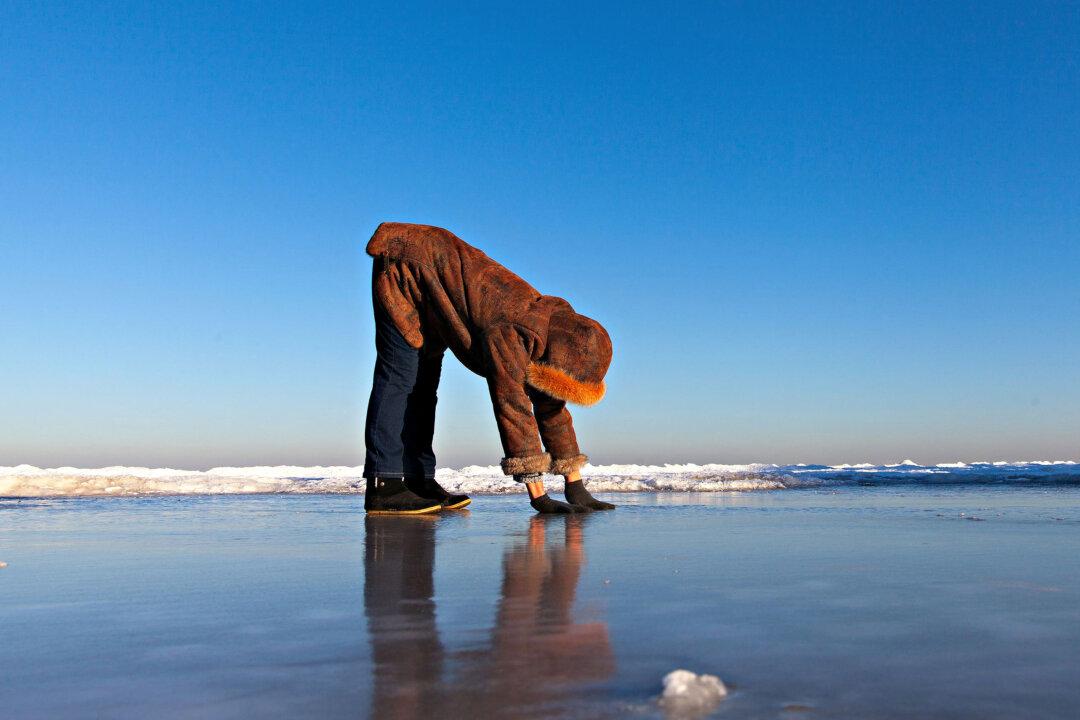Earlier this month, I caught a head cold. It was the kind of cold where my nose ran continually, to the point that I felt like I was losing brain matter. Then for a couple of days my right ear plugged up, making everything sound like my head was trapped in a tin. I could handle the runny nose and gravelly voice without too much drama, but the ear thing made me a little crazy and very irritable.

Daisy Daisy/Shutterstock
|Updated:




